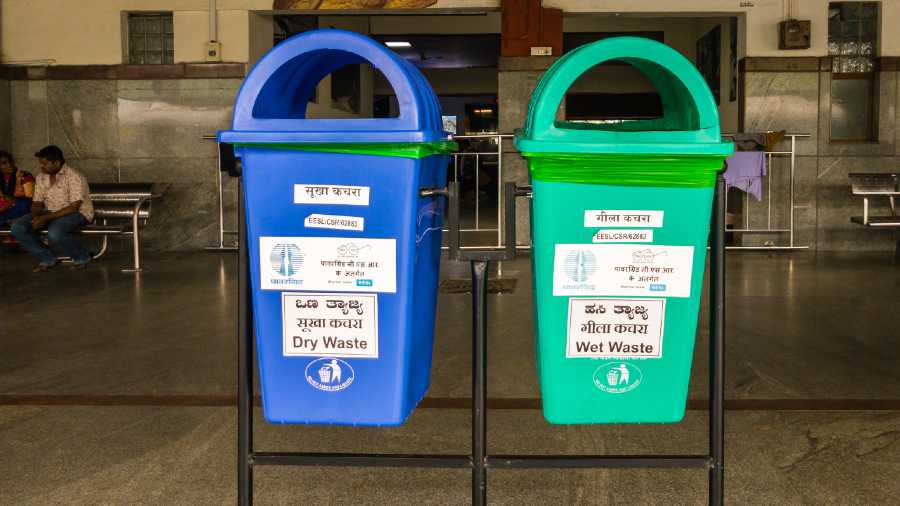India has a lot to learn about cleanliness from Indore; the results of the seventh edition of the Swachh Survekshan Awards have made this clear. The survey of cleanliness standards in India’s cities by the Swachh Bharat Mission and urban local bodies ranked Indore as India’s cleanest city — for the sixth time in a row — with Surat and Navi Mumbai occupying the second and the third spots, respectively. The sample size of the survey is impressive. Over 4,000 cities, towns and local urban bodies participated in this year’s assessment; the figure was a meagre 73 in 2016, the first year of the survey. The wider pool of competition makes Indore’s achievement all the more commendable. It also shows that a larger number of the minders of India’s city-spaces are taking cleanliness seriously, even if only to win accolades from the government.
But Indore’s repeated success begs a question: do its competitors lack energy and imagination to rid themselves of dirt? After all, none of Indore’s rivals has been able to emulate its collective, scientific zeal to turn spotless. There is then a strong case for Indian cities to adopt the ‘Indore Model’, which has some heartening features. The principal element among these is the prioritization of waste management. An entire fleet of dedicated personnel — safai karamcharis — collect waste from households and establishments. That is not all: unlike most other cities, Indore has the distinction of segregating waste effectively. This, too, is a participatory exercise with an estimated 95 per cent of the population taking the trouble of segregating the waste that is generated. This sense of shared responsibility is vital, activating not only the administrative machinery but also the political will to engage with this public enthusiasm. This municipal-people’s alliance, admittedly, was not forged over a single day. Innovative awareness campaigns led to the creation of this solidarity with municipal, political and even religious leaders being roped in to take the mission forward. India’s cities come with varying densities in population and other demographic challenges. So Indore’s roadmap may encounter roadblocks when it is tried out in other cities. But the core formula of Indore’s success is replicable. Nimble policy, public participation and political support can make Indian cities overcome a number of their problems.










